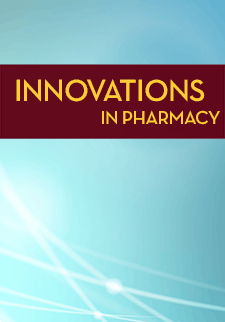Student Pharmacists’ Assessment of a Serious Game on Opioid Medication Safety
Olufunmilola Abraham
University of Wisconsin-Madison School of Pharmacy
Maeleigh Tidd
University of Wisconsin-Madison School of Pharmacy
Megan Buechel
University of Wisconsin-Madison School of Pharmacy
Tanvee Thakur
University of Wisconsin-Madison School of Pharmacy
Randall Brown
University of Wisconsin-Madison School of Medicine and Public Health
DOI: https://doi.org/10.24926/iip.v11i4.2937
Keywords: Student pharmacists, Active learning, Prescription opioids, Medication safety, Educational games
Abstract
Objective: To explore second- and third-year student pharmacists’ perspectives on the design and use of a digital game to teach opioid medication safety. To explore the game-based learning approach to teach about appropriate drug use and pediatric education.
Innovation: The lead author developed MedSMA℞T: Adventures in PharmaCity, an educational video game focused on adolescent opioid safety. Second- and third-year students in a Midwestern School of Pharmacy enrolled in an elective course focused on appropriate use of abused drugs, played the digital game during a classroom session on adolescent opioid misuse. Using a small group discussion guide, students summarized their reflections and perspectives on gameplay.
Critical Analysis: Students retained fundamental messages of the game including opioid safety and identified that social interactions contribute to decision-making and consequences of opioid misuse. Student pharmacists found the game’s visual appearance engaging, dialogue amusing, and the settings and scenarios relatable. Feedback regarding game controls, environment, dialogue, instructions, and level summaries was provided by students to improve the game design and content. This project provides an example of a thoughtful approach to game-based learning in pharmacy classrooms with the purpose of enhancing student pharmacists’ knowledge about opioid safety education, communication, social collaboration, and critical-thinking.
Next Steps: Future projects can further investigate student pharmacists’ preferences of using game-based active learning. Additionally, retention rates of students from joint lectures and game-based learning activities can be analyzed.



